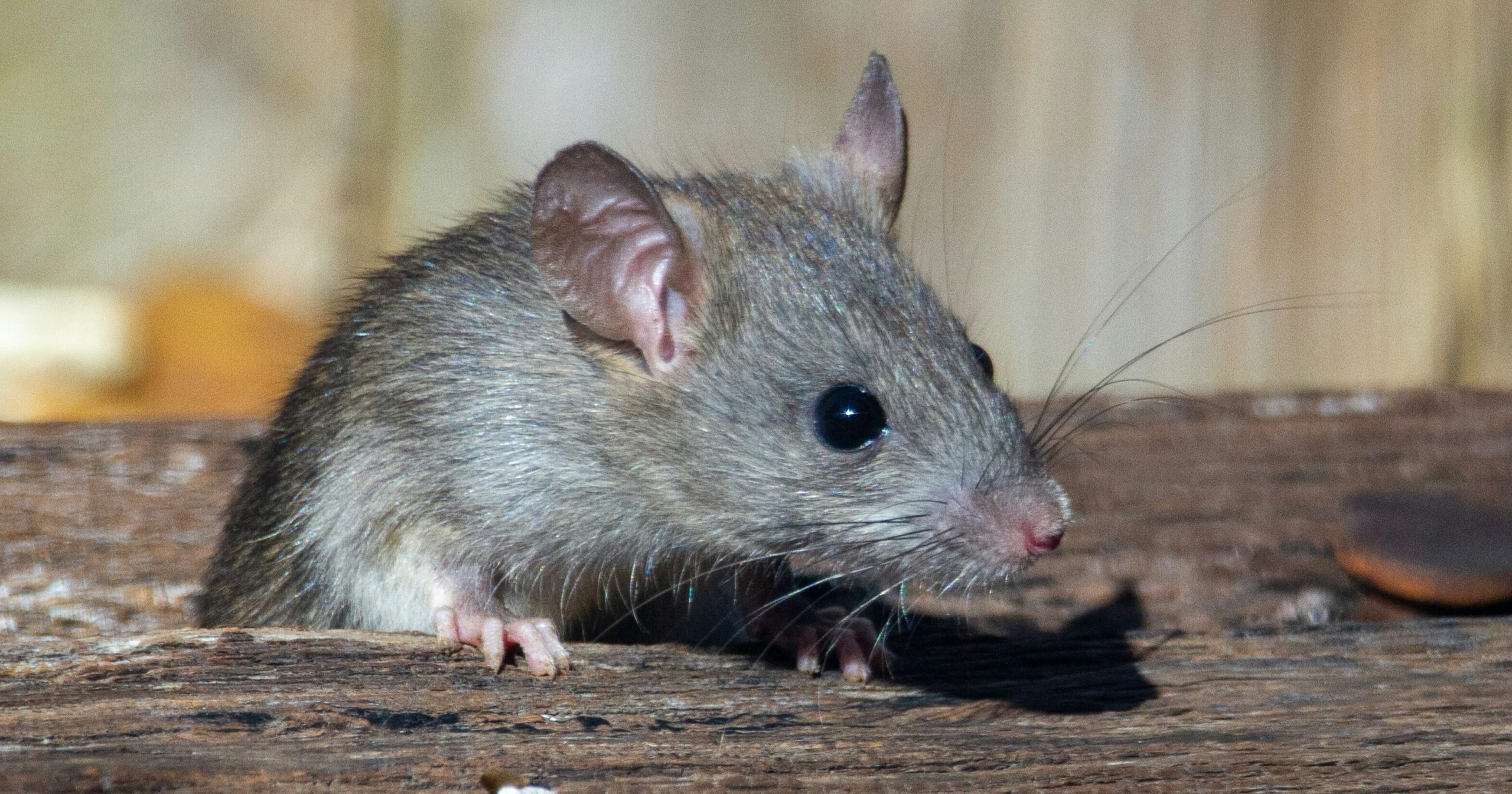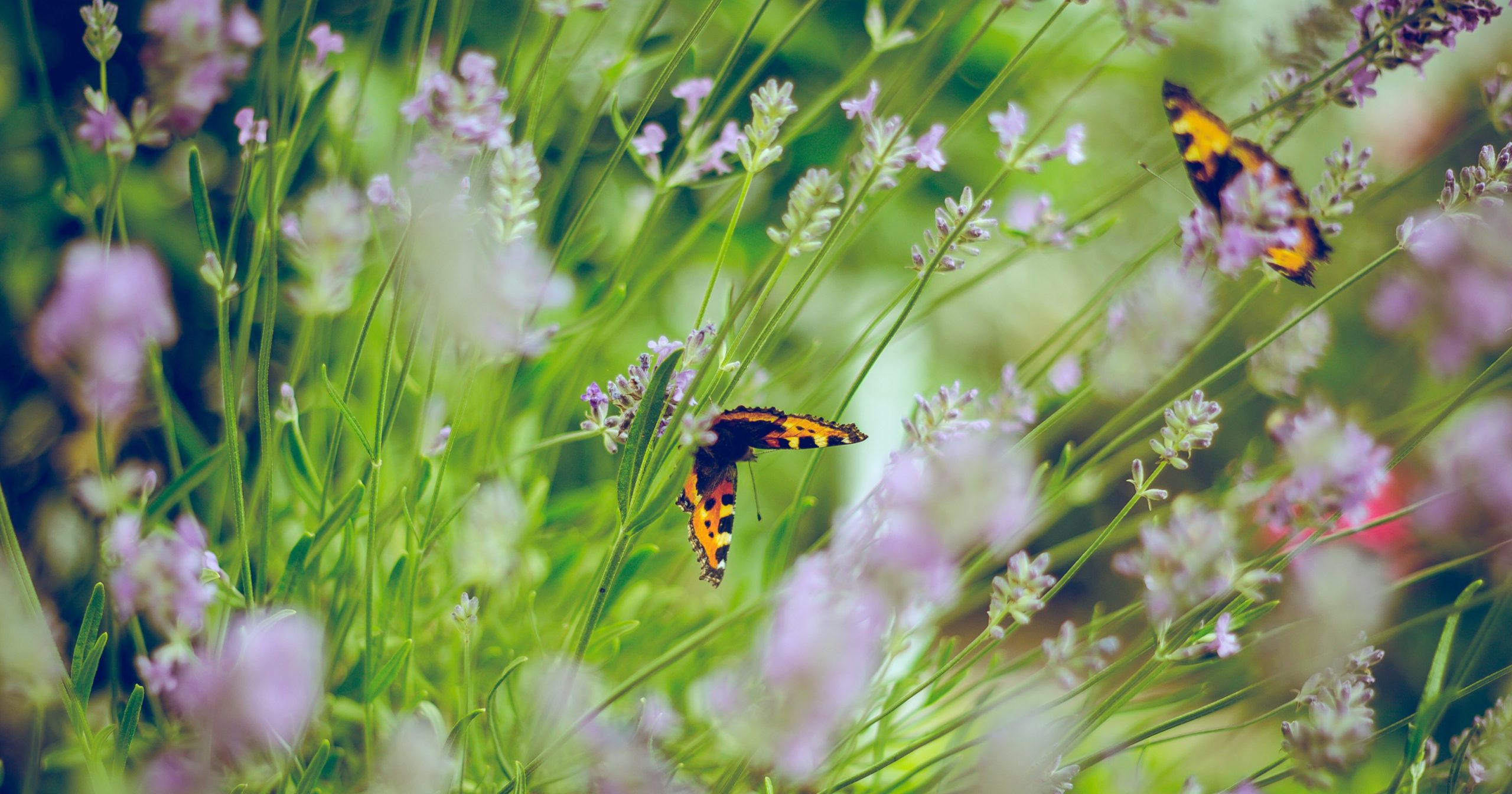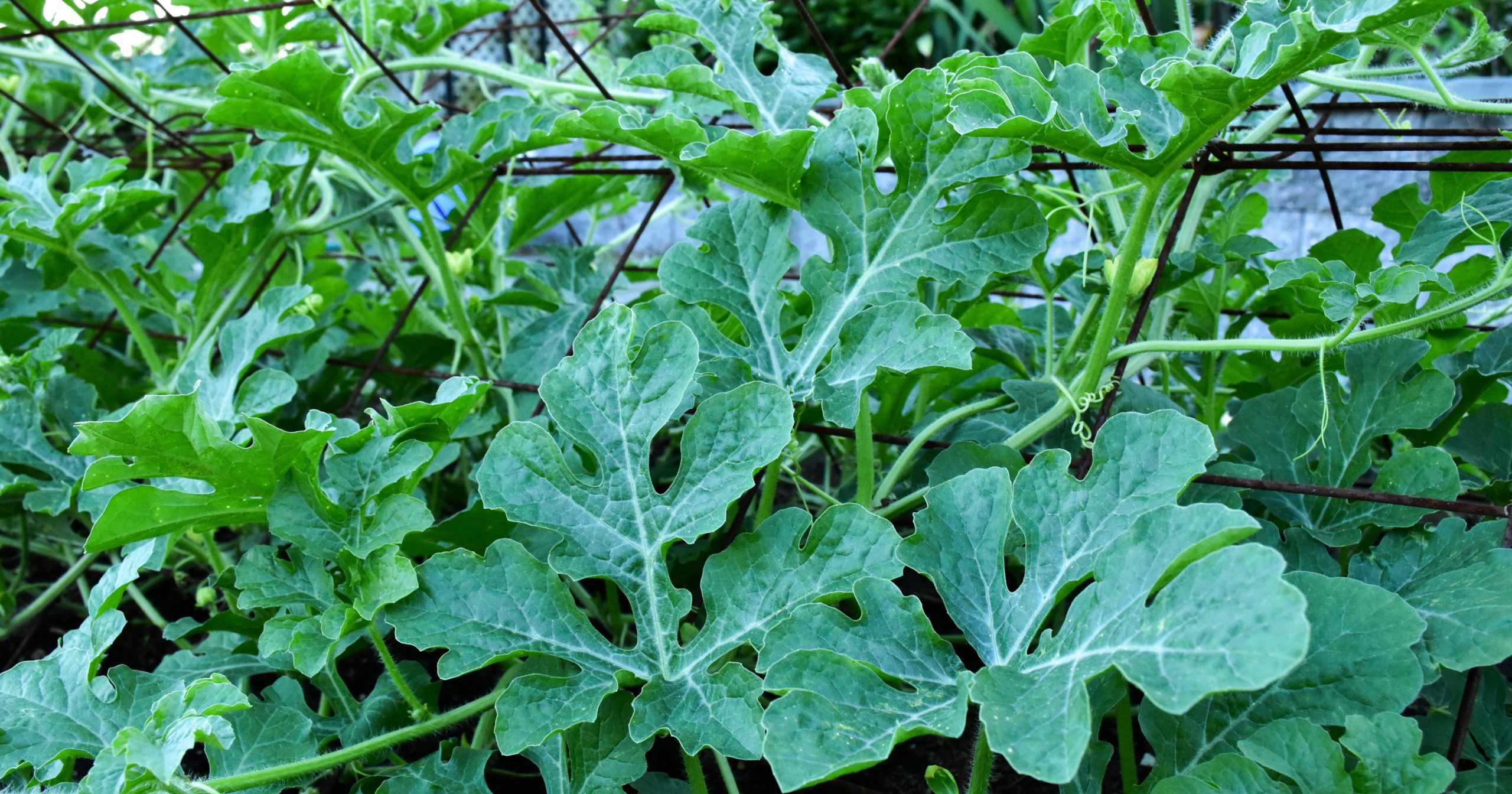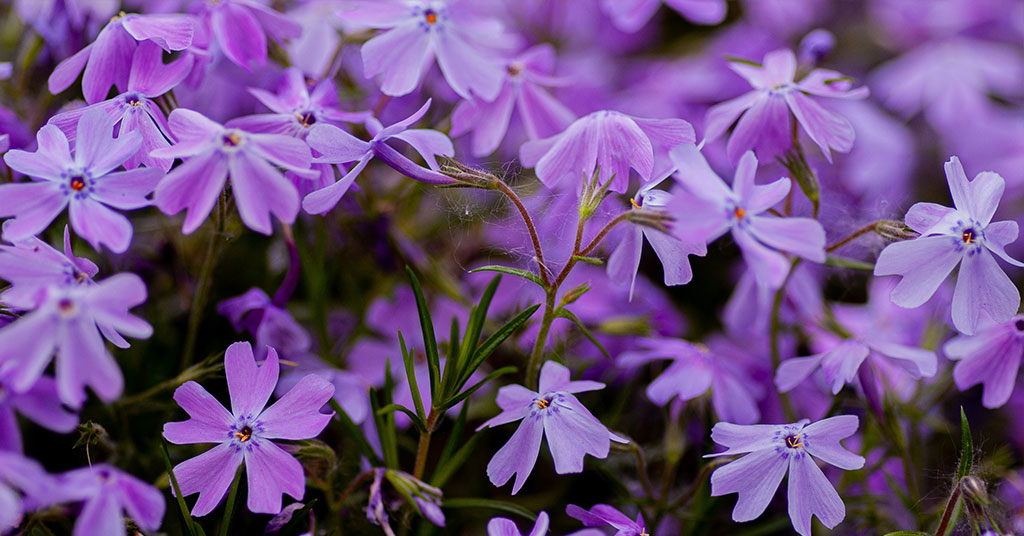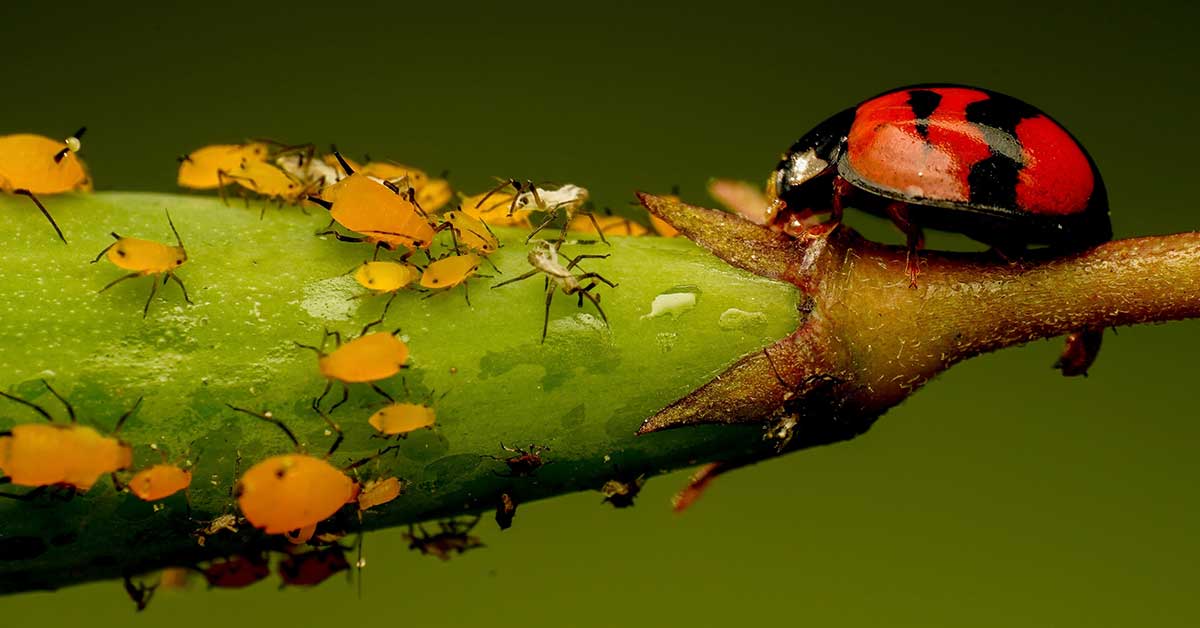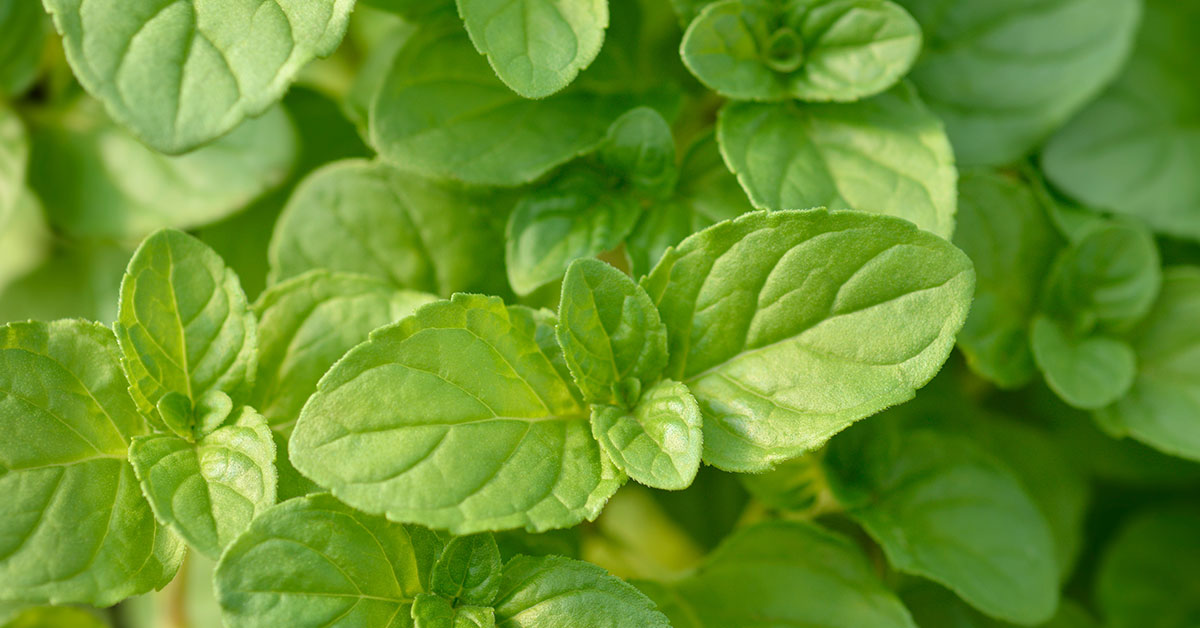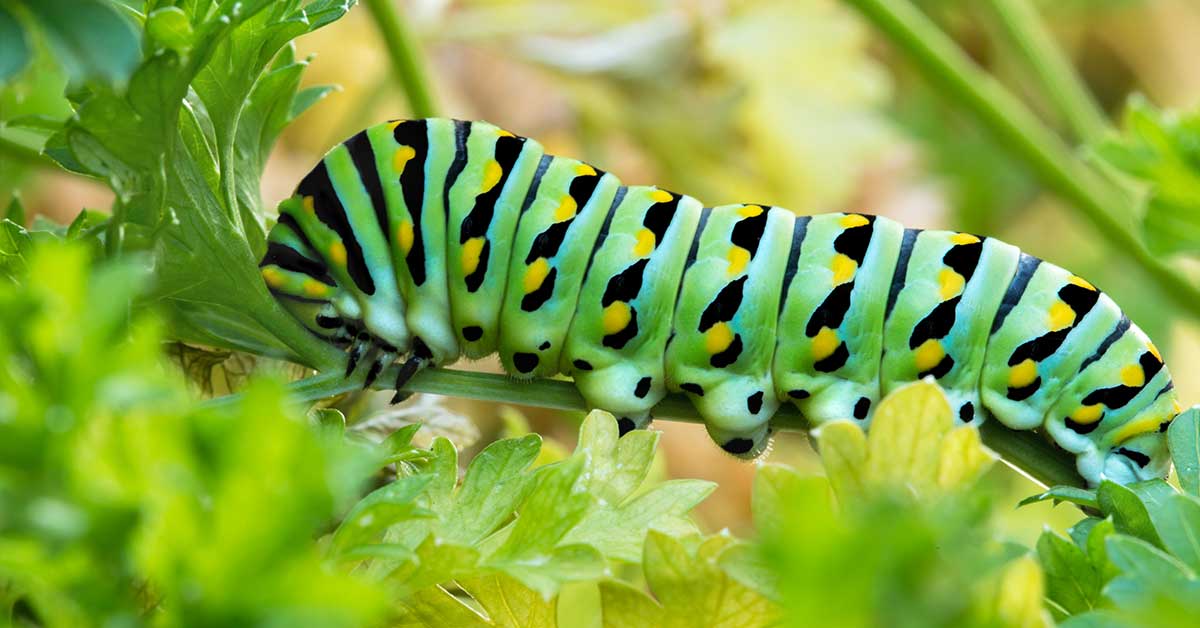Rodents can be a significant nuisance in both urban and rural settings, causing damage to property and posing health risks. However, using rodent poison as a control method can have devastating effects on wildlife. Secondary poisoning occurs when predators or scavengers consume poisoned rodents, leading to unintended deaths of birds, mammals, and even domestic pets. It’s crucial to explore safer and more sustainable methods for controlling rodent populations that do not harm the environment or non-target species.
In this article, we’ll explore the dangers of rodent poison and provide effective alternatives for managing rodent populations safely. By adopting these methods, you can protect your property from rodents while ensuring the safety of wildlife and pets. Let’s delve into how you can maintain a rodent-free environment without causing harm to the ecosystem.
The Dangers of Rodent Poison
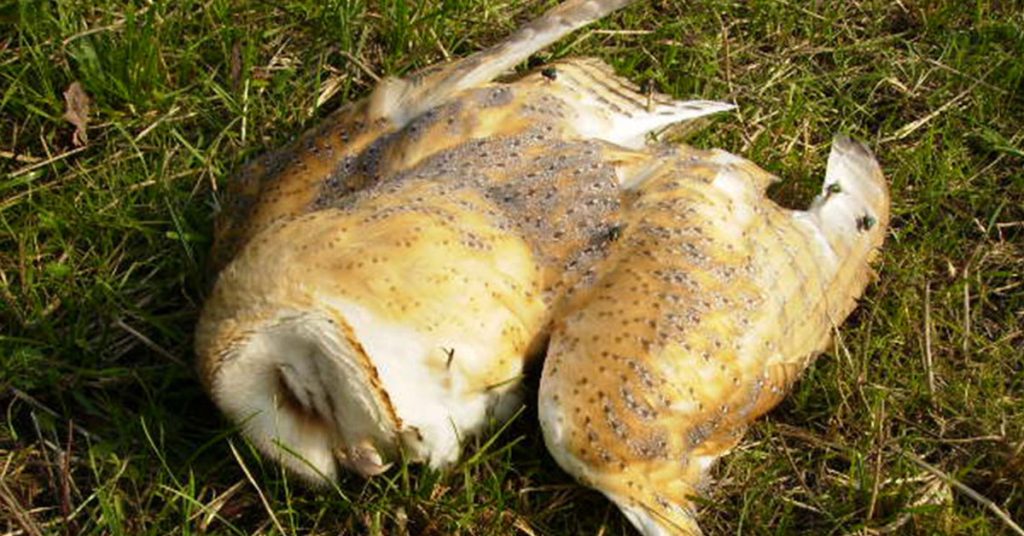
Rodent poisons, also known as rodenticides, are designed to be lethal to rodents, but they do not discriminate. When wildlife such as hawks, owls, foxes, and even domestic pets consume poisoned rodents, they can suffer from secondary poisoning. These toxic substances can cause internal bleeding, neurological damage, and death in non-target animals. The impact on local ecosystems can be severe, as predators and scavengers play crucial roles in maintaining balance.
One of the most alarming aspects of rodent poison is its persistence in the environment. Poisons can remain active in the bodies of deceased rodents, posing a continued risk to any animal that might scavenge them. Additionally, some rodenticides are designed to act slowly, which means poisoned rodents may continue to roam and be preyed upon, spreading the toxic effects through the food chain. This ripple effect can decimate local wildlife populations, disrupting natural predator-prey relationships and reducing biodiversity.
Sealing Entry Points

One of the most effective ways to control rodents is to prevent them from entering your home or property in the first place. Conduct a thorough inspection of your property to identify potential entry points such as cracks, holes, and gaps in walls, foundations, windows, and doors. Seal these openings with durable materials such as steel wool, caulk, or metal flashing. Remember that rodents can squeeze through very small spaces, so even the tiniest gaps should be addressed.
In addition to sealing entry points, ensure that your home and surroundings are not providing easy access to food and shelter. Store food in airtight containers, keep trash bins sealed, and remove pet food and water dishes when not in use. Regularly clean up debris, fallen fruits, and other potential food sources in your yard to make the area less attractive to rodents. By making your property less accessible and appealing to rodents, you can significantly reduce the likelihood of an infestation.
Trapping
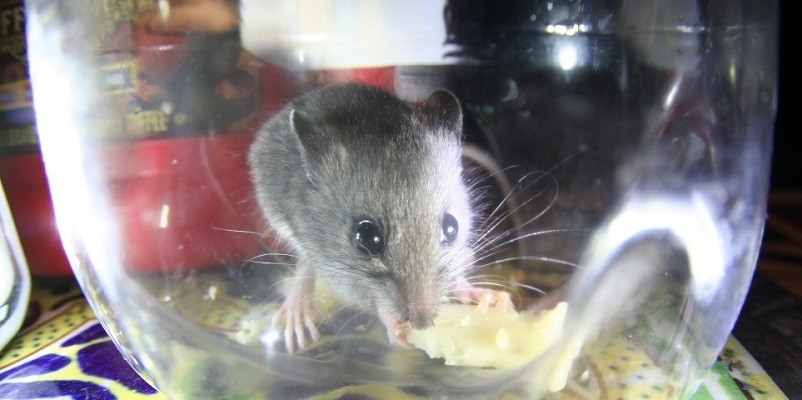
Trapping is a humane and effective method for controlling rodent populations without the use of poison. Snap traps and live traps are two popular options. Snap traps are designed to kill rodents quickly and humanely, while live traps allow for the capture and relocation of the animals. When using traps, place them in areas where rodent activity is high, such as along walls, near food sources, and in hidden corners.
For snap traps, use bait such as peanut butter, cheese, or seeds to attract the rodents. Check the traps regularly to remove any captured rodents promptly and reset the traps as needed. For live traps, ensure that the captured rodents are released at least a mile away from your property in a suitable habitat. Trapping not only helps manage rodent populations but also allows you to monitor the effectiveness of your control efforts.
Natural Predators

Encouraging natural predators is an environmentally friendly way to control rodent populations. Birds of prey, such as owls and hawks, and mammals like foxes and snakes, can help keep rodent numbers in check. By creating a habitat that attracts these predators, you can leverage nature’s own pest control services. Installing owl boxes, providing perches for hawks, and maintaining natural vegetation can make your property more inviting to these beneficial animals.
In addition to attracting natural predators, you can also reduce the use of pesticides and rodenticides that harm these animals. By supporting a healthy ecosystem, you create a balanced environment where predators can thrive and naturally control rodent populations. This method not only protects wildlife but also promotes biodiversity and the health of the entire ecosystem.
Ultrasonic Repellents
Ultrasonic repellents are electronic devices that emit high-frequency sound waves designed to deter rodents. These devices are safe for humans and pets but can be highly effective in driving rodents away from your home or garden. Ultrasonic repellents work by creating an uncomfortable environment for rodents, encouraging them to leave the area and find more hospitable surroundings.
When using ultrasonic repellents, place them strategically around your home, focusing on areas where rodent activity is highest. Keep in mind that these devices work best in conjunction with other rodent control methods, such as sealing entry points and trapping. By combining multiple approaches, you can create a comprehensive rodent control strategy that minimizes the need for poisons and protects wildlife.
Natural Deterrents
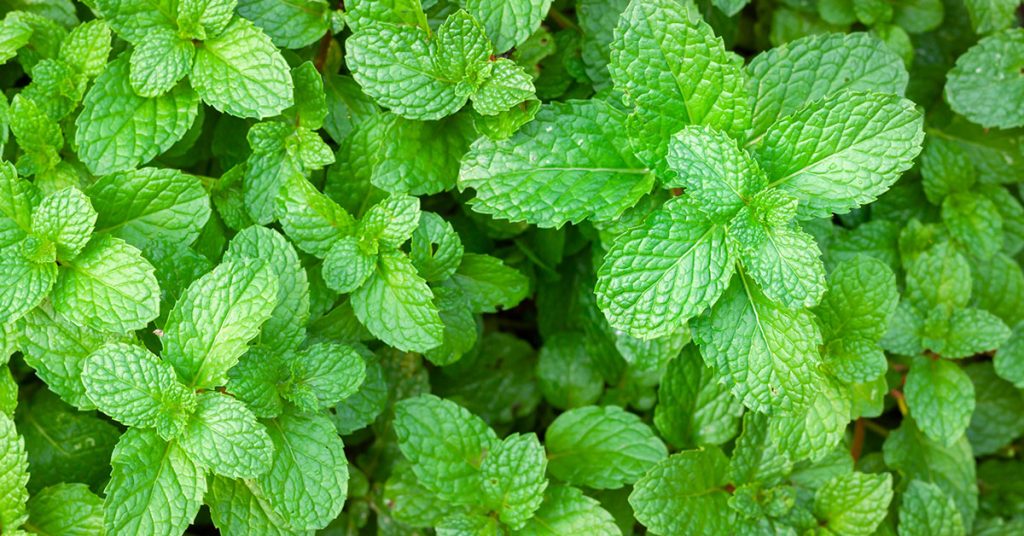
There are several natural deterrents that can help keep rodents away from your property. Certain plants, such as peppermint, spearmint, and lavender, have strong scents that rodents find unpleasant. Planting these herbs around your home and garden can act as a natural repellent. Additionally, you can use essential oils derived from these plants to create a homemade rodent repellent spray. Mix a few drops of essential oil with water and spray it around entry points and areas where rodent activity is high.
Another natural deterrent is predator urine, which can be purchased at garden centers and used to create a scent barrier that deters rodents. The scent of predators like foxes or coyotes can make rodents feel unsafe and encourage them to move elsewhere. While these methods may not completely eliminate rodents, they can be a valuable part of an integrated pest management strategy.
Maintaining Cleanliness
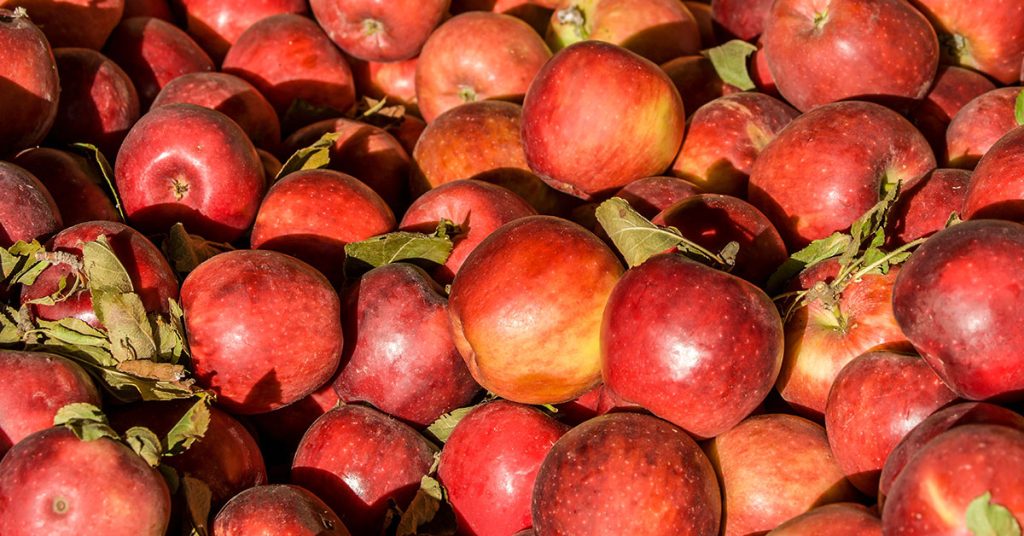
Maintaining a clean environment is crucial for preventing rodent infestations. Rodents are attracted to food, water, and shelter, so reducing these attractants can significantly decrease their presence. Regularly clean your home, especially kitchens and dining areas, to remove food crumbs and spills. Keep food stored in airtight containers and ensure that trash bins are sealed tightly.
Outside your home, keep your yard tidy by removing debris, fallen fruits, and other potential food sources. Trim back vegetation that can provide shelter for rodents, and keep firewood stacked away from your home. By maintaining a clean and organized environment, you make your property less inviting to rodents, reducing the likelihood of an infestation.
Professional Pest Control
If you’re dealing with a severe rodent infestation, it may be necessary to call in professional pest control services. Look for companies that use integrated pest management (IPM) techniques, which focus on long-term prevention and minimal use of harmful chemicals. IPM strategies include sealing entry points, using traps, and employing natural deterrents to manage rodent populations safely and effectively.
Professional pest control services can assess your situation and develop a customized plan to address your specific rodent problem. They can also provide valuable advice on how to prevent future infestations and maintain a rodent-free environment. By working with professionals who prioritize safety and environmental responsibility, you can control rodents without harming wildlife.
Educating Others
One of the most effective ways to promote safe rodent control methods is by educating others. Share information with your neighbors, friends, and community about the dangers of rodent poison and the benefits of alternative control methods. Encourage them to adopt safe practices and provide resources, such as articles, websites, and local organizations, that offer guidance on humane and effective rodent control.
By raising awareness and promoting responsible pest management practices, you can help protect wildlife and create a safer environment for everyone. Collective action and community involvement are key to reducing the use of harmful rodenticides and fostering a healthier, more balanced ecosystem.
Monitoring and Maintenance
Regular monitoring and maintenance are essential for long-term rodent control. Even after you’ve implemented safe control methods, it’s important to stay vigilant and watch for signs of rodent activity. Conduct routine inspections of your property, checking for new entry points, droppings, gnaw marks, and other indications of rodents.
Address any issues promptly to prevent a small problem from becoming a major infestation. Continue to use traps, natural deterrents, and cleanliness to maintain a rodent-free environment. By staying proactive and attentive, you can keep your property protected from rodents while ensuring the safety of wildlife and pets.
